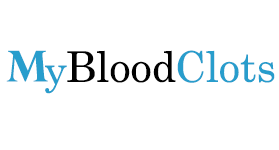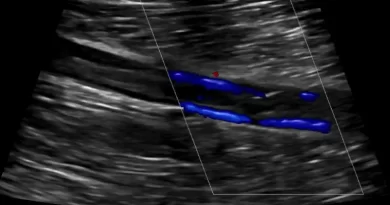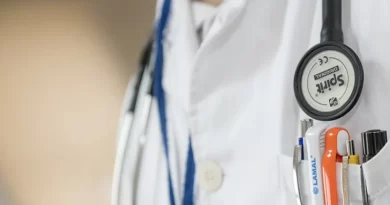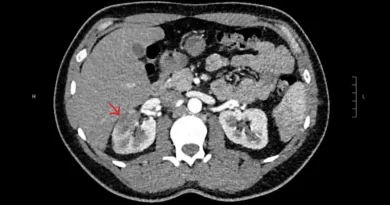Natural Remedies for Blood Clot Prevention
In the pursuit of wellness, many individuals turn to natural remedies for preventing heart disease and blood clots. These remedies include lifestyle changes, dietary adjustments, and herbal supplements. The hope is that these will reduce the risk for arterial and venous clotting. This guide explores natural remedies for blood clot prevention. We will distinguish between evidence-based and traditional practices and specifying which remedies target arterial, venous, or both clotting processes.
The Importance of Preventing Blood Clots
Blood clots, whether arterial or venous, pose serious health risks, including heart attacks, strokes and even death. So, preventing them is important. There are both medical and natural remedies that are proven to reduce the risk for many of these events.
Natural Remedies for Blood Clot Prevention
Obviously, there are certain instances when we should use medication to prevent blood clots. For instance, some patient after surgery will need a low dose of anticoagulation for a period of time. But, other times, we will turn to natural remedies for blood clot prevention. These may have more appeal to some people and they can usually be used without the need for a healthcare professional. Still, consulting with your doctor before making changes is usually a good idea.
Lifestyle Modifications
Regular physical activity plays an important role in preventing both arterial and venous clots. Evidence supports the benefits of exercise in improving blood circulation, thereby reducing the risk of clot formation. Incorporating activities like walking, swimming, or cycling into daily routines promotes arterial and venous health.
Dietary Changes
Certain dietary adjustments are backed by evidence in targeting specific clotting processes. Consuming a diet rich in fruits, vegetables, whole grains, and lean proteins supports arterial health. Additionally, omega-3 fatty acids from sources like fish, flaxseeds, and walnuts have demonstrated efficacy in reducing inflammation and clot formation, benefiting arterial health.
However, evidence supporting dietary interventions for venous health is limited. Maintaining hydration and avoiding excessive alcohol intake are generally recommended practices for venous health, although specific dietary changes for venous clot prevention lack robust scientific support.
Herbal Supplements
Some herbal supplements are believed to possess natural anticoagulant properties, benefiting both arterial and venous clot prevention. Garlic, ginger, and turmeric are among those traditionally used for their potential anti-inflammatory and anticoagulant effects. While their use is widespread, evidence supporting their effectiveness in preventing blood clots remains limited.
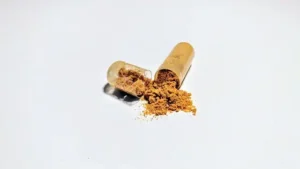
Compression Therapy
Compression therapy, such as wearing compression stockings, primarily targets venous clot prevention. Supported by evidence, compression garments improve blood circulation and prevent blood from pooling in the legs. In fact, compression stockings are used in hospitalized patients, especially after orthopedic surgery, to prevent deep vein thrombosis and pulmonary embolism.
Stress Management
Chronic stress contributes to inflammation and clot formation, impacting both arterial and venous health. Evidence-based stress-reduction techniques like mindfulness meditation, deep breathing exercises, and yoga promote relaxation and reduce inflammatory responses. In theory, this may help to prevent both arterial and venous clot prevention. However, direct evidence is lacking.
Conclusion
Natural remedies offer targeted approaches to preventing blood clots, addressing risks associated with arterial, venous, or combined clotting processes. While evidence supports certain strategies, such as lifestyle modifications and compression therapy, further research is needed to validate others, particularly dietary interventions and herbal supplements.
Consulting with a healthcare professional before implementing natural remedies is essential, especially for individuals with existing medical conditions or medications that may interact with these remedies. By incorporating evidence-based and traditional practices, individuals can make informed decisions to safeguard their cardiovascular health effectively.
